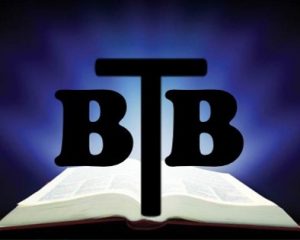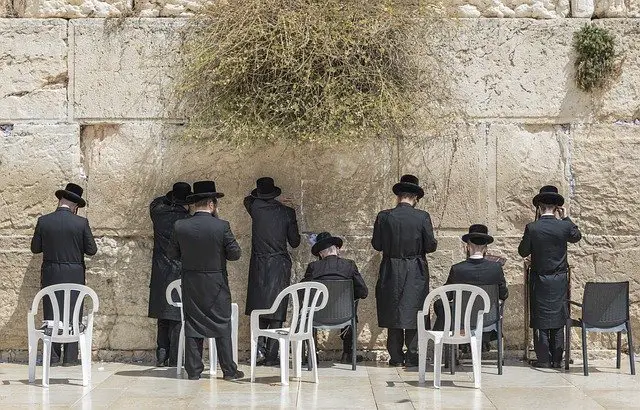An overview or Summary of the Book of Leviticus in the Old Testament Bible. Leviticus is the third book of the Pentateuch which means ‘Law‘
When: Time is set by Leviticus 1:1 which states that God spoke to Moses. This places the writing between 1445 and 1406 B.C.
Who: It is made clear from the beginning, and from more than 50 other places throughout, that Moses wrote the book.
People & Places:
Moses; Aaron; Nadab; Abihu.
Sound-Bites:
Thus Aaron and his sons did all the things which the Lord had commanded through Moses. (Ch.8:36)
“For the life of the flesh is in the blood…” (Ch.17:11)
“Do not turn to idols or make for yourselves molten gods; I am the Lord your God.” (Ch.19:4)
“I will also walk among you and be your God, and you shall be My people.” (Ch.26:12)
The Messianic Link:
Messiah is typified in the sacrifices & offerings
He is the High Priest
The scapegoat of Ch.16; who takes away the sins of the people.
Summary of The Book:
- The tribe of Levi chosen as the priests to the nation of Israel
- Israelites are called to holiness and to obey the laws of God
- Instructions on bodily cleanliness, sacrifices and offerings to God
- Celebrations feasts days are set, as is the year of Jubilee
- Punishments to fit crimes of all kinds are laid out in detail
The book of Leviticus (meaning, relating to the Levites) is written to instruct the people on Holiness, and just what it takes to be considered acceptable in the eyes of God.
A book on instruction regarding sacrifice and bodily cleanliness, peace offerings, grain offerings, guilt offerings and many more are all covered in this book.
Punishments to suit the individual crimes are all set out, including the punishment for immoral relationships (Ch.18) idolatry (Ch.19) and human sacrifice.
Notes & Quotes:
This book, along with Deuteronomy, is perhaps the most unread book in the whole Bible! (Being as it is, full of rules and regulations that seem alien to modern day Christians; and in many ways this is indeed so.)
Nevertheless it plays an important role in the understanding of the need for a Messiah or saviour, as it points out just how impossible it is to be acceptable to God without the intervention of our own High Priest—Jesus.
Excerpt (permissions granted) from TheBibleBrief. A Bible summary book on Amazon.
You might also be interested in Exodus

